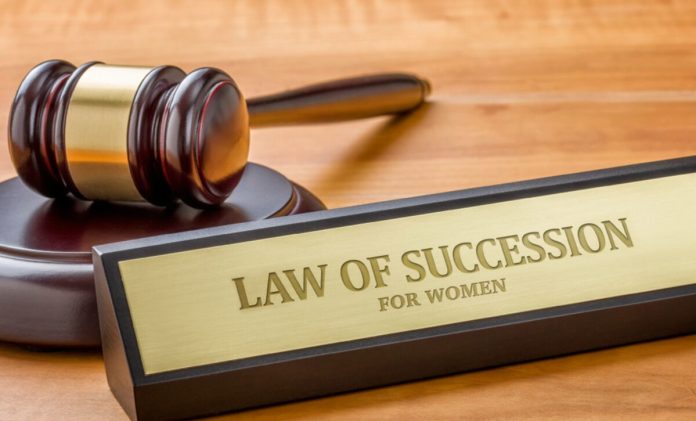
If a person dies without writing a will, legal battles are often seen among the heirs over the property. However, there is a clear provision in the laws regarding property as to how much claim a person has on which properties. Raj Lakhotia, founder of ‘Dil Se Will’, is answering questions related to property. Let us know about it in detail.
Property often becomes a cause of dispute. Property is a major reason for family disputes. But there are clear laws regarding property, according to which it is decided who is entitled to which property and who is not. Awareness about these rights is important. If you are aware of your rights then no one can deprive you of your rights. And if this happens, you can get your rights back by adopting the path of law.
Question- I have a joint demat account with my wife in which she is the second owner. Suppose I die without writing a will, what steps should we take so that the ownership of shares/mutual fund units is either in my wife’s name or in the joint name of my wife and daughter? Will succession certificate be required to transfer the ownership to my family members?
Answer– In the event of your death, your rights as the first holder will be transferred to the second holder (wife) as both of you were joint holders of the demat account. This will be done by filling T-2 form (Transmission Request Form) and submitting it along with the notarized death certificate of the first holder. After your death, if your daughter wants to transfer shares/mutual funds in her name, she will have to submit a succession certificate.
Question: My wife and I have a joint will. We have three children. A child is not getting anything. The second is getting movable property and the third is getting immovable property. We have put a separate clause in the will that whatever we earn in future will go to the second beneficiary. Would this be legally correct?
Answer– A person can give his remaining or future assets to any beneficiary through a will and it is also legally valid. Through a will, a legal heir can be deprived of the property, whereas in the absence of a will, he will be a part of the property by way of inheritance. If a legitimate heir is deprived of property through a will, he becomes a non-beneficiary. The reason should also be given in the will so that the court can understand why he has been excluded from sharing in the property.














